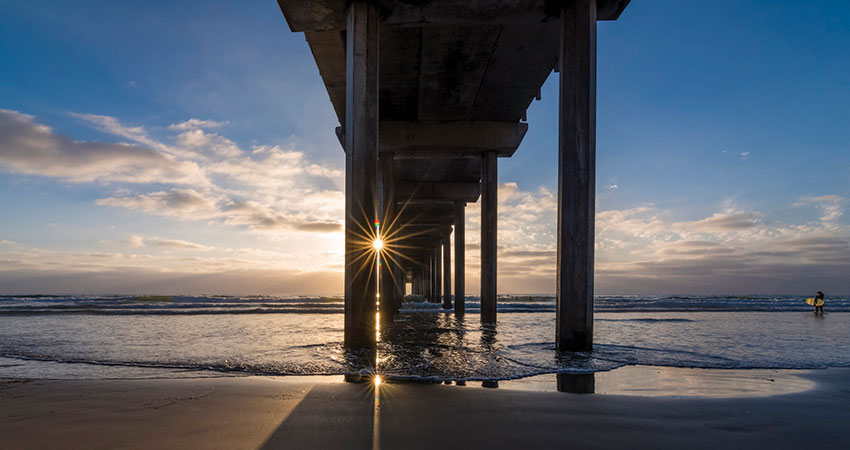
Hello friends and colleagues!
It’s week 8! This week we have a special treat: a long anticipated visit by Dr. Eli Tziperman (Harvard).
"First half: major Sudden Stratospheric Warming events (SSWs) occur in the Arctic stratosphere during winter at a frequency of about six events per decade. An SSW features a distorted or completely collapsed stratospheric polar vortex, as well as tens of degrees of warming within several days. SSW events affect the Arctic Oscillation (AO)/ Northern Annular Mode (NAM) and are related to extreme winter weather events in North America and Europe. We suggest that the expected strengthening of the tropical tropospheric variability known as the Madden-Julian Oscillation (MJO), which is currently the dominant atmospheric variability in intraseasonal time scales (20–40 days), may lead to an increase in the frequency of future SSW events, and discuss the mechanism. [Work led by Wanying Kang].
Second half: The early-to mid-Pliocene (5.3–3 Myr), characterized by warmer temperatures and a similar CO2 concentration to that at the present, is considered a useful analog for future warming scenarios. Geological evidence suggests that at that time, many modern-day desert regions such as the South-West United States, including Death Valley in California, received higher levels of rainfall and supported large lakes and wetter vegetation types. These wetter conditions have been difficult to reconcile with model projections of 21st-century drying over the same areas. We show that this discrepancy between past evidence and future projections may be due to the models missing an important feedback: Increasing sea surface temperature (SST) due to a weakening of the California coastal upwelling leads to wetter conditions over nearby land, and wetter land leads to a weakening of the wind that forces the upwelling. The mechanism and consequences are discussed. [Work led by Minmin Fu]."
If you have any recommendations for future presenters, or if you yourself would like to present, please fill out this form.
Don’t forget about our mailing list!




